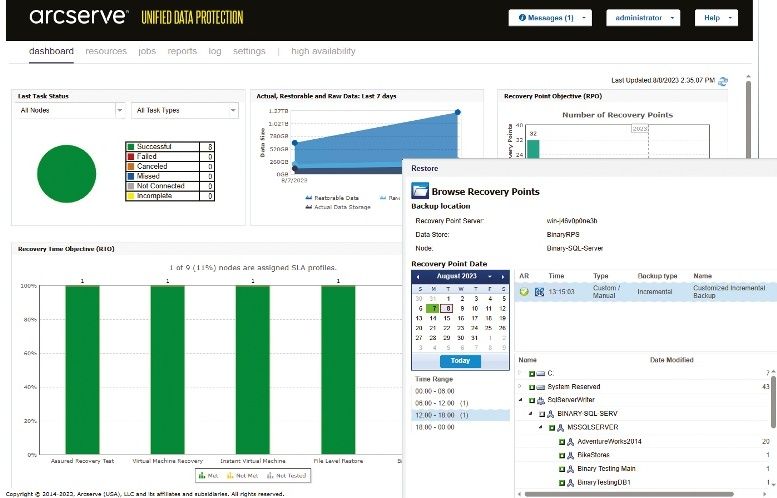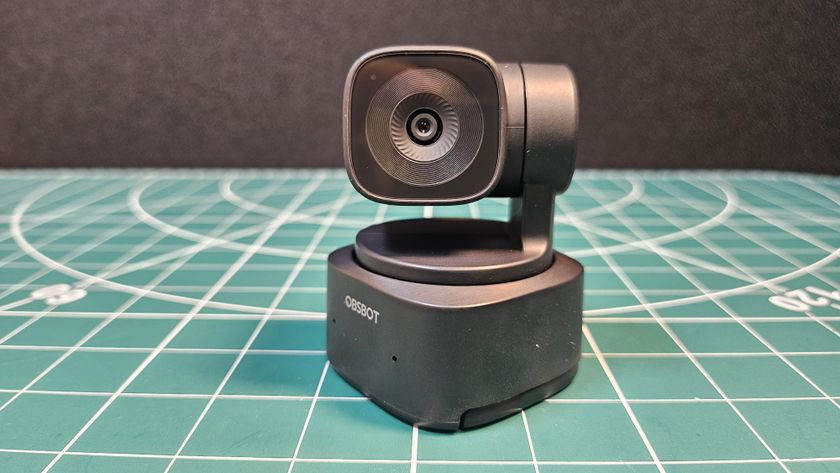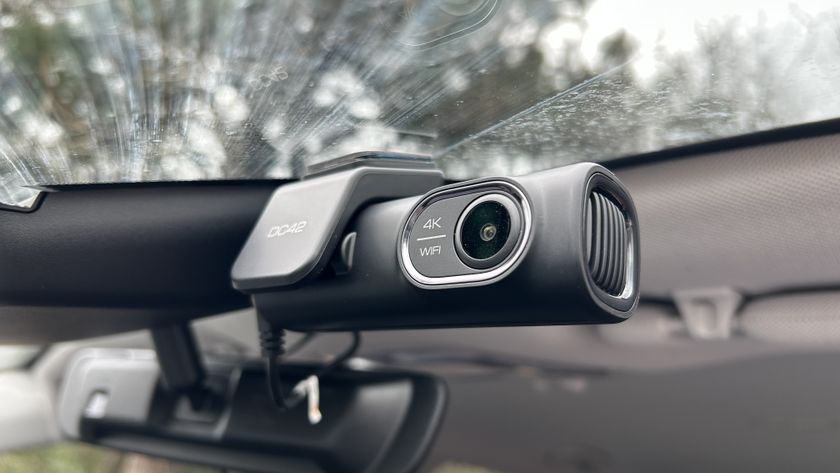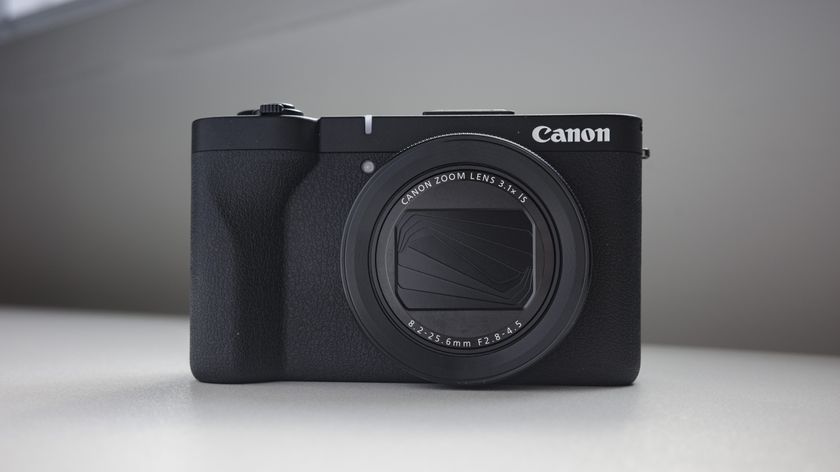TechRadar Verdict
An undemonstrative player that nevertheless admirably combines tonal neutrality, effortless detail and a fine sense of rhythm and timing
Pros
- +
384KHz upsampling
Well-balanced sound
Cons
- -
No one area of particular excellence
Why you can trust TechRadar
It's not easy to do something really new with CD replay, especially at a sensible price, but Cambridge seems to have achieved it with the 840C.
The big feature here is 384kHz upsampling. Usually upsampling is to a more modest frequency, generally 96kHz or 192kHz, but Cambridge's implementation of 384kHz is a first outside the rather esoteric reaches of the high-end stratosphere.
The company has worked closely with Swiss digital signal processing specialist Anagram Technologies. Anagram's approach to upsampling is different from the norm but the differences are in details, which are arcane in the extreme unless you're a DSP expert - basically it does the usual upsampling thing and simplifies analogue filtering requirements while making the most of 16-bit/44.1kHz audio.
Not wanting to waste all this high performance digital stuff, Cambridge also offers two digital inputs so that the 840C can function as a DAC, too, applying the upsampling benefits to any other digital source you may have around the place.
What with digital outputs (no, they don't function at 384kHz, and you couldn't find anything compatible to connect them to if they did!), remote control in/out sockets, RS232 for firmware updating and balanced audio outputs in addition to phono sockets, this unit has a particularly busy back panel.
The front is more modest, with buttons for essential functions and a comprehensive display to show what's going on.
It's surely significant that our 'blind' listening panel greeted this player with an almost complete absence of superlatives but still had almost entirely positive things to say. Superlatives are nice and make good advertising copy, but in relatively quick-fire listening (which, of necessity, our panel sessions are) can sometimes be indicative of an imbalance in performance.
But the feeling here was that everything is very neatly slotted into place and in a sense the whole is greater than the sum of the parts. In a single word, the sound is satisfying. It makes sense of the musical structure and contains all the necessary elements but it never assigns its own sense of priority to them.
The nearest thing to outright criticism was a comment that timing didn't seem to equal the best in this class. That may be true, but it must be said that for some listeners there is no such thing as too much rhythmic 'kick' and in any situation the greatest degree of that will always be judged the best. Try as we might after the blind listening session, we couldn't find real fault with the 840C's sense of timing and we would rather just say that it doesn't exaggerate the trait.
It's always a good sign when imaging seems particularly stable, and that's the case here. It's also remarkably deep and instruments exist in a clear space of their own, with well-defined ambient clues and cleanly-defined instrumental timbre. In fact, tonality is admirably neutral, from bottom to top. Voices are very well differentiated from each other and free from any trace of sibilance. In short, the Cambridge is very good indeed. Richard Black
Lab Report
Not too surprisingly, there's not much we can find in the technical department to complain about. In areas where it's not the best in the group, it's one of the best. For example, Arcam beats it by a small margin on noise, but that's about 1dB improvement on already excellent performance. Distortion at full level is very good, but drop the level by only a couple of dB and the figure halves, leading to an effectively blameless performance at most frequencies and levels. Jitter is once again around the threshold of detectability, and the frequency response up to 20kHz is flat within a smidgin of a dB. Speed accuracy is exemplary and output level par for today's course.
There's just one thing... the Anagram Technologies filter is good, but it's not perfect and as commonly happens there's some aliasing around 22.05kHz. A slightly sharper slope on the filter would fix that, but would it improve the sound even further?
Tech.co.uk was the former name of TechRadar.com. Its staff were at the forefront of the digital publishing revolution, and spearheaded the move to bring consumer technology journalism to its natural home – online. Many of the current TechRadar staff started life a Tech.co.uk staff writer, covering everything from the emerging smartphone market to the evolving market of personal computers. Think of it as the building blocks of the TechRadar you love today.













